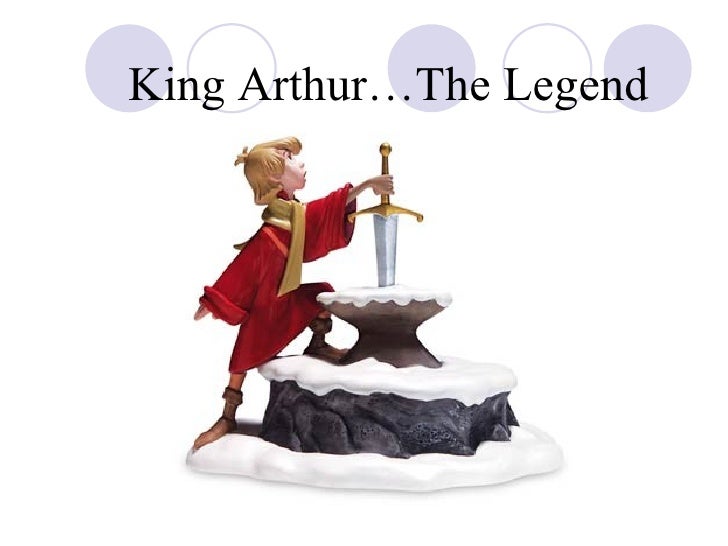"Father, I pray that my sorrow is not displeasing to God. But when I recalled the peerless grace and beauty of the Queen, and the great joy with which we all beheld her and the King at the court, my heart began to fail me. Then, seeing them together in the tomb, I fully understood for the first time how I had betrayed them and brought each ot his death through my selfish love and pride; and so it is I feel that my spirit can no longer sustain my body" (Malory)
 I am so frustrated with Lancelot. This moment is the FIRST TIME he noticed that he fucked everything up?? Also, they paint his death like this beautiful thing because he ultimately went to Heaven (?)
I am so frustrated with Lancelot. This moment is the FIRST TIME he noticed that he fucked everything up?? Also, they paint his death like this beautiful thing because he ultimately went to Heaven (?)
, pssht, BS. He literally lied so much about what he and the Queen were doing, and despite the fact that he tried to be honorable throughout this whole story, he and the Queen are still the reasons for all of the death and demise. Arthur died for such a stupid reason. I am so annoyed.









